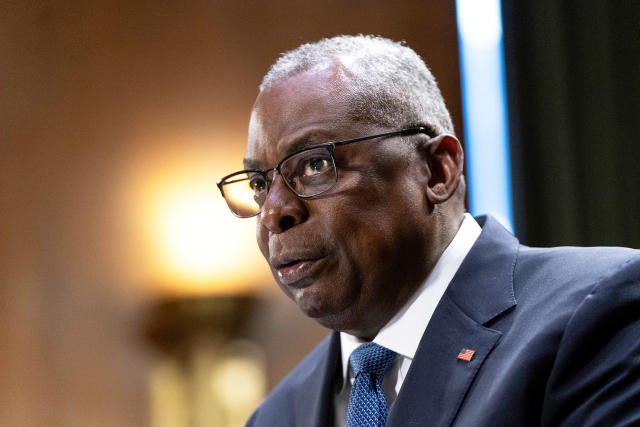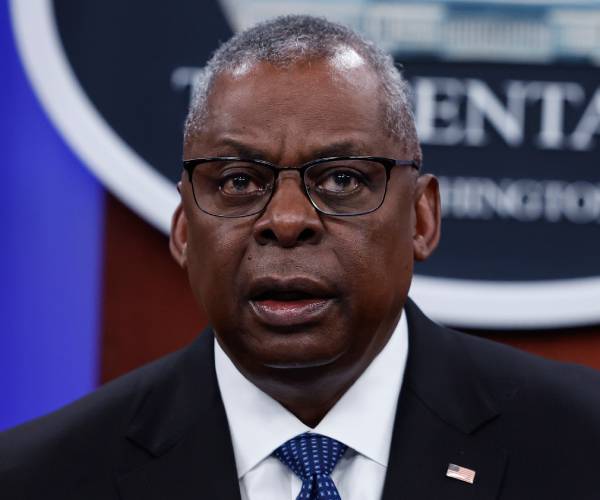The Pentagon is under scrutiny for keeping Secretary of Defense Lloyd Austin’s four-day ICU hospitalization at Walter Reed Medical Center undisclosed to senior officials in the White House’s National Security Council for three days. Amid escalating tensions in the Middle East, concerns about transparency and decision-making processes have been raised. The Pentagon cited considerations for Austin’s personal privacy and the evolving situation as reasons for the secrecy, prompting calls for accountability and consequences.

Photo from Yahoo News
Secrecy Sparks Concerns and Questions
Secretary of Defense Lloyd Austin’s recent ICU hospitalization went undisclosed to senior White House officials for three days, raising questions about transparency and decision-making. The Pentagon cited privacy concerns and the evolving situation as reasons for keeping details confidential.
The undisclosed hospitalization, lasting four days, led Deputy Secretary of Defense Kathleen Hicks to assume Austin’s duties. The lack of specific information about Austin’s elective medical procedure, its timing, and transportation to the hospital has intensified scrutiny on the guarded approach to the secretary’s health.
Senator Tom Cotton expressed concern over the reported breakdown in communication, emphasizing the crucial role of the Secretary of Defense in the chain of command. Calls for accountability and consequences are growing as questions about the decision-making process remain unanswered.
Secrecy Surrounding Austin’s Health Raises Questions
Despite Air Force Maj. Gen. Pat Ryder stating that the White House and Joint Chiefs of Staff were notified, the timeline of notifications remains unclear. Many senior Pentagon leaders reportedly learned about Austin’s hospitalization only on Friday, sparking criticism of the delayed disclosure.
Deputy Secretary Kathleen Hicks, who assumed Austin’s duties, had a communication setup in Puerto Rico during his hospitalization. The Pentagon’s refusal to provide specific information adds to the concerns, with officials highlighting the need for transparency, especially during heightened geopolitical tensions.
Austin’s statement acknowledging concerns over transparency promises improvement, but questions linger about the decision to keep his hospitalization secret. The incident comes at a critical time with escalating tensions in the Middle East and important decisions regarding U.S. military actions.
























